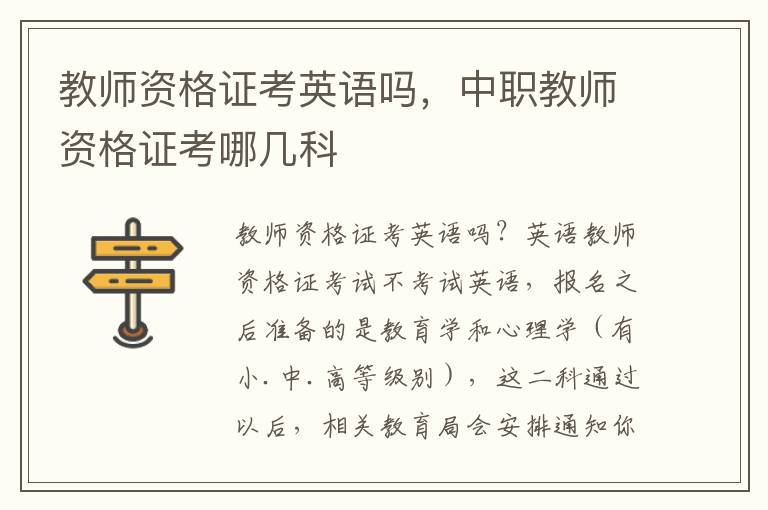【简介】感谢网友“雕龙文库”参与投稿,这里小编给大家分享一些,方便大家学习。
How to Help an Endangered Language
The Siletz tribal council did not want to let that happen. So Bud Lane asked for help from experts. Several National Geographic Fellows helped him record fourteen thousand words and phrases in his native tongue.
TALKING DICTIONARY: Lets dance out in front: chee-naa-svt-nit-dash.
Some Siletz words describe basket making, a traditional tribal art.
TALKING DICTIONARY: Baby basket: guy-yu. Baby basket laces: guy-yuu mvtlh-wvsh.
More than ten thousand entries can be found in the Siletz Online Talking Dictionary, first launched in two thousand seven. The website, siletz.swarthmore.edu, is hosted by Swarthmore College in Pennsylvania.
David Harrison is a linguistics professor there. Professor Harrison has also posted talking dictionaries for seven other highly endangered languages from around the world. He says technology can spread the influence of major languages but also help save endangered ones.
DAVID HARRISON: This is what I like to call the flip side of globalization, or the positive value of globalization.?We hear a lot about how globalization exerts negative pressures on small cultures to assimilate.
BARBARA KLEIN: Smartphone apps, YouTube videos and Facebook pages have all become digital tools for language activists and experts.
Mr. Harrison and a researcher in Oregon have mapped areas of endangered languages.?One is the Pacific Northwest in the United States. Others include the upper Amazon basin, Siberia and northern Australia.
In Canadas far north, the Inuit people are struggling to preserve their native language, Inuktitut. Part of the effort involves Microsoft. The company is translating terms in its Windows operating system and Office software into Inuktitut. Gavin Nesbitt is the project leader.
GAVIN NESBITT: Instead of file, youll see ini. Instead of home, it will say pigiarvik. Instead of save, it says jaggajairli and stuff like that.
He says the programming group had to invent new words to include all the terms in some Windows and Word document menus.?But he says the effort is worth it.
GAVIN NESBITT: So many people will spend their entire day sitting in front of a computer. If youre sitting in front of your computer in English all day, that just reinforces English. If youre now using Inuktitut, it is reinforcing this is your language.
Microsoft has also worked with language activists in New Zealand, Spain and Wales to translate its software into Maori, Basque, Catalan and Welsh.
BOB DOUGHTY: In Oregon, Siletz language teacher Bud Lane says technology alone cannot save endangered languages.
BUD LANE: Nothing takes the place of speakers speaking to other speakers and to people who are learning. But this bridges a gap that was just sorely needed in our community and in our tribe.
He points to one sign of progress: young members of the tribe are now texting each other in Siletz.
How to Help an Endangered Language
The Siletz tribal council did not want to let that happen. So Bud Lane asked for help from experts. Several National Geographic Fellows helped him record fourteen thousand words and phrases in his native tongue.
TALKING DICTIONARY: Lets dance out in front: chee-naa-svt-nit-dash.
Some Siletz words describe basket making, a traditional tribal art.
TALKING DICTIONARY: Baby basket: guy-yu. Baby basket laces: guy-yuu mvtlh-wvsh.
More than ten thousand entries can be found in the Siletz Online Talking Dictionary, first launched in two thousand seven. The website, siletz.swarthmore.edu, is hosted by Swarthmore College in Pennsylvania.
David Harrison is a linguistics professor there. Professor Harrison has also posted talking dictionaries for seven other highly endangered languages from around the world. He says technology can spread the influence of major languages but also help save endangered ones.
DAVID HARRISON: This is what I like to call the flip side of globalization, or the positive value of globalization.?We hear a lot about how globalization exerts negative pressures on small cultures to assimilate.
BARBARA KLEIN: Smartphone apps, YouTube videos and Facebook pages have all become digital tools for language activists and experts.
Mr. Harrison and a researcher in Oregon have mapped areas of endangered languages.?One is the Pacific Northwest in the United States. Others include the upper Amazon basin, Siberia and northern Australia.
In Canadas far north, the Inuit people are struggling to preserve their native language, Inuktitut. Part of the effort involves Microsoft. The company is translating terms in its Windows operating system and Office software into Inuktitut. Gavin Nesbitt is the project leader.
GAVIN NESBITT: Instead of file, youll see ini. Instead of home, it will say pigiarvik. Instead of save, it says jaggajairli and stuff like that.
He says the programming group had to invent new words to include all the terms in some Windows and Word document menus.?But he says the effort is worth it.
GAVIN NESBITT: So many people will spend their entire day sitting in front of a computer. If youre sitting in front of your computer in English all day, that just reinforces English. If youre now using Inuktitut, it is reinforcing this is your language.
Microsoft has also worked with language activists in New Zealand, Spain and Wales to translate its software into Maori, Basque, Catalan and Welsh.
BOB DOUGHTY: In Oregon, Siletz language teacher Bud Lane says technology alone cannot save endangered languages.
BUD LANE: Nothing takes the place of speakers speaking to other speakers and to people who are learning. But this bridges a gap that was just sorely needed in our community and in our tribe.
He points to one sign of progress: young members of the tribe are now texting each other in Siletz.








